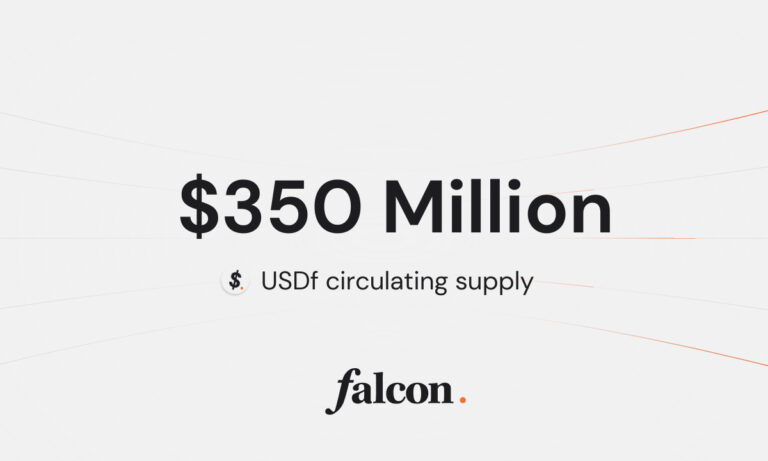How to Increase Your Income in a Digital Economy

What is the digital economy and what innovations are driving it?
The digital economy is the economic system that is based on digital technologies, especially the Internet. It is characterized by the exchange of goods and services through the Internet, as well as the use of digital technologies for communication, production, and distribution. The digital economy has had a significant impact on the way that businesses operate and on the way that people work and consume goods and services. It has also led to the creation of new industries and the transformation of traditional ones. Some of the key features of the digital economy include e-commerce, digital marketing, and the sharing economy.

There are many predictions about how new innovations will disrupt the way we currently do things and even reshape entire industries. So let’s first talk about a few of these innovations:
- Cryptocurrency: Cryptocurrencies are expected to become more widely adopted and could potentially displace traditional fiat currencies in certain situations. They may also change the way that financial transactions are conducted, as they offer a more secure and efficient alternative to traditional payment methods.
- Artificial intelligence: AI is expected to have a significant impact on many industries, including healthcare, finance, and transportation. It is expected to automate certain tasks, improve decision-making, and create new products and services.
- Augmented reality: AR is expected to become more widespread and may change the way that people interact with the physical world. It could be used for training, education, entertainment, and other purposes.
- Virtual reality: VR is expected to become more advanced and may be used for education, training, entertainment, and other purposes. It may also change the way that people interact with each other and with the virtual world.
- Metaverse: The metaverse is expected to become a more widespread and immersive virtual shared space where people can interact with each other and with virtual content. It may change the way that people socialize, work, and play.
Benefits of participating in the digital economy
- Increased efficiency: Digital technologies can help businesses and individuals operate more efficiently by automating tasks, streamlining processes, and increasing speed and accuracy.
- Lower costs: The digital economy can help reduce costs by eliminating the need for certain physical infrastructure and by allowing for the creation of virtual teams that can work from anywhere.
- Greater reach: The Internet and other digital technologies can help businesses and individuals reach a wider audience and expand into new markets.
- More flexible work arrangements: The digital economy has created new opportunities for flexible work arrangements, such as remote work and freelance or contract work, which can offer greater flexibility and autonomy.
- Personalized experiences: Digital technologies can help businesses and individuals create more personalized experiences for customers and clients.
- Greater access to information and resources: The digital economy provides greater access to information and resources, which can help individuals and businesses stay up-to-date and make more informed decisions.

Online opportunities you can leverage in the digital economy
There are many online businesses that one can start to leverage the digital economy. Some ideas include:
- E-commerce: You can sell physical or digital products online through platforms like Amazon, Etsy, or your own website.
- Digital services: You can offer services such as web design, social media management, or online tutoring.
- Blogging or content creation: You can create and monetize content on platforms like YouTube, Twitch, or a blog.
- Affiliate marketing: You can promote products or services online and earn a commission for each sale.
- Online courses: You can create and sell online courses on platforms like Udemy or Teachable.
- Virtual events: You can host virtual events such as workshops, conferences, or webinars.
- App development: You can create and sell apps for smartphones and other devices.
- Online consulting: You can offer consulting services online through video conferencing or other digital tools.
- Dropshipping: You can sell products online without having to hold inventory by partnering with a supplier who handles fulfillment.
- Freelancing: You can offer your skills and services as a freelancer or contractor on platforms like Upwork or Freelancer.
There are many ways to make money in the digital economy. Some people make money by selling goods or services online through platforms like Amazon, Etsy, or their own websites. Others make money by offering digital services such as web design, social media management, or online tutoring. Some people make money through digital marketing by promoting products or services online and earning a commission for each sale. Others make money by creating and monetizing content on platforms like YouTube or Twitch. There are also many opportunities to make money through the sharing economy by renting out assets such as a spare room on Airbnb or a car on Turo. Finally, some people make money by trading cryptocurrencies or participating in the gig economy as a freelancer or contractor.

How to survive and thrive in a competitive digital economy
- Stay up-to-date on industry trends and developments: It’s important to stay informed about changes in your industry and to continuously learn and adapt.
- Offer high-quality products or services: Providing high-quality products or services can help you stand out in a crowded market and build a loyal customer base.
- Build a strong online presence: Having a strong online presence can help you attract new customers and build credibility. This includes having a well-designed website and active social media accounts.
- Use digital marketing effectively: Digital marketing can help you reach a wider audience and promote your products or services. This includes tactics like search engine optimization, email marketing, and social media advertising.
- Foster relationships with customers: Building strong relationships with your customers can help you retain their business and encourage them to recommend you to others.
- Be responsive and adaptable: The digital economy moves quickly, so it’s important to be responsive to changes and to be able to adapt to new technologies and trends.
- Collaborate with others: Collaborating with other businesses or individuals can help you access new resources and ideas, and can also help you reach a wider audience.




